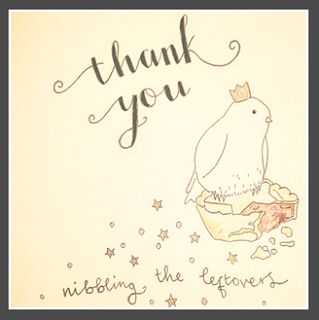Lately it has become almost unbearable to follow the news and current affairs; from the terrible fights in Gaza, to the heartbreaking news of Robin Williams death, it seems that everywhere we turn we are faced with stories of tragedy and suffering.
However I feel it is important at times like this to appreciate human acts of true kindness and good will - because if you really look hard enough you will see that these are taking place everywhere too, its just we have come to overlook and dismiss them as we go about our day to day lives.
This week I have a personal story of kindness that I wish to share:
I have recently taken an interest in bees and beekeeping, and since I am about to embark on the third year of my art degree, I have decided to make this the theme and focus of my work. Over the summer I have been researching and gathering information about all things bees - from scientific information about all the different species, to ancient bee keeping traditions, folklore and myths.
During my research I found some pictures of these beautiful bee skeps, which were traditionally used to keep bees in as well as moving swarms of bees back into a hive. The bee skeps are made by hand using straw and cane, however it is something of a dying craft as modern wooden hives are now more popular and skeps are not used so often.
I have a fondness for traditional crafts and therefore was delighted to stumble across the comprehensive website of Martin Buckle - an experienced bee keeper and talented skep maker. I decided to email him and enquire about doing some work experience or a one to one skep making course with him. I was keen to not only learn how to make a bee skep - but also to gain an insight into the life of a craftsman and how his beekeeping and skep making became more than a hobby but a way of life.
To my surprise Martin not only agreed to offer me one to one tuition in skep making, he also kindly offered for me to stay in his home with him and his wife for a few days instead of booking into a hostel.
I intend to write a separate blog post with lots of pictures and examples of the skeps and other creations I made during my stay with Martin, but for this post I just want to focus on how kind and gracious Martin and his wife were to me. I was not expecting him to offer me one to one tuition - however not only did he provide that, he also graciously welcomed me into his home, sharing his stories and endless wealth of knowledge and experience and sent me off equipped with tools and materials and plenty of inspiration for continuing my work.
Getting to know Martin and his wife Pam was an absolute pleasure - they were such an interesting couple and we found plenty to talk about. They refused any offer of payment for my stay or the tuition and materials that Martin gave me, insisting that it had been simply nice to have me there.
Experiences like this may be rare but I really feel that if everyone became a little more open to trusting the kindness of others, to making the effort to share and connect with someone you may initially have thought you had nothing in common with, then we could all gain so much.
It is important in times of darkness to hold on to every moment of joy and wonder. A smile from a stranger, a conversation with a shopkeeper, hearing the laugh of a child or having a hug from someone you love - these tiny, overlooked snippets of hope and love should not be dismissed, should not be overlooked. Just because they do not speak to us as loudly as some of the shocking headlines of the news it does not make them any less important or valuable. Appreciate every act of kindness, reflect on and soak up every brief flash of happiness, even if it last just second - it is precious and should be treated as such.









